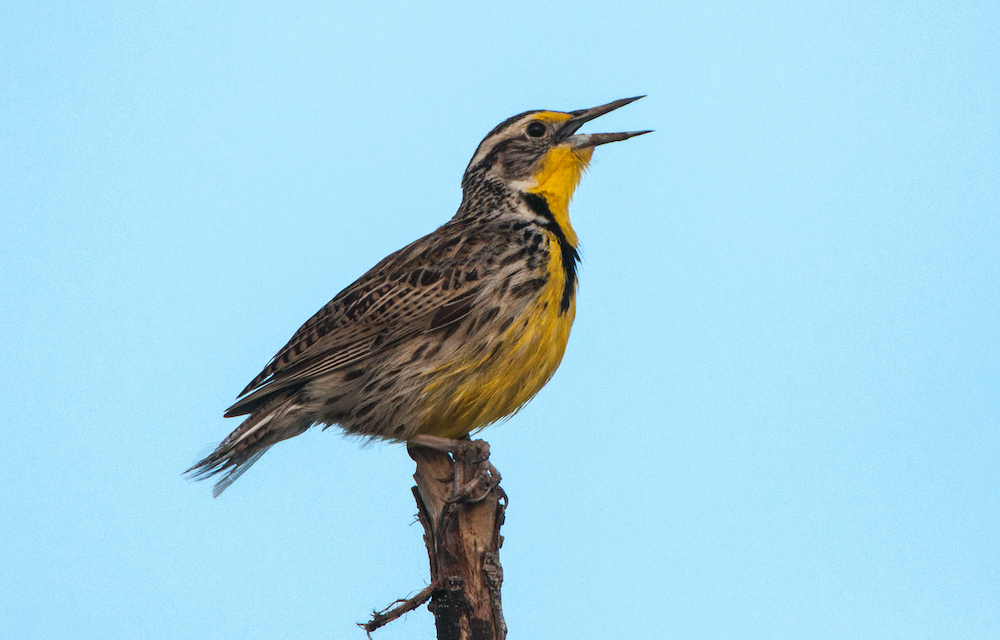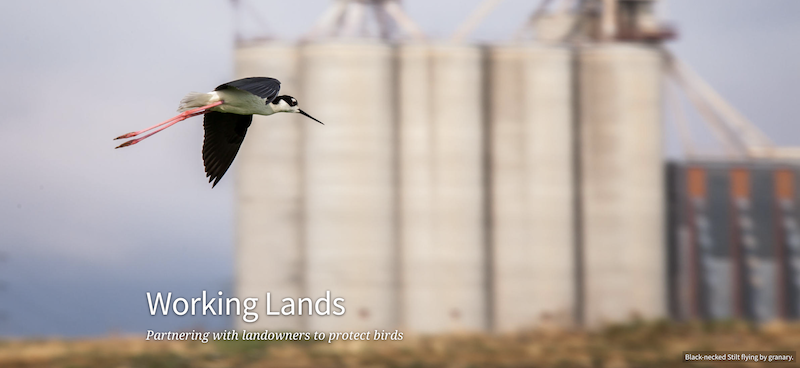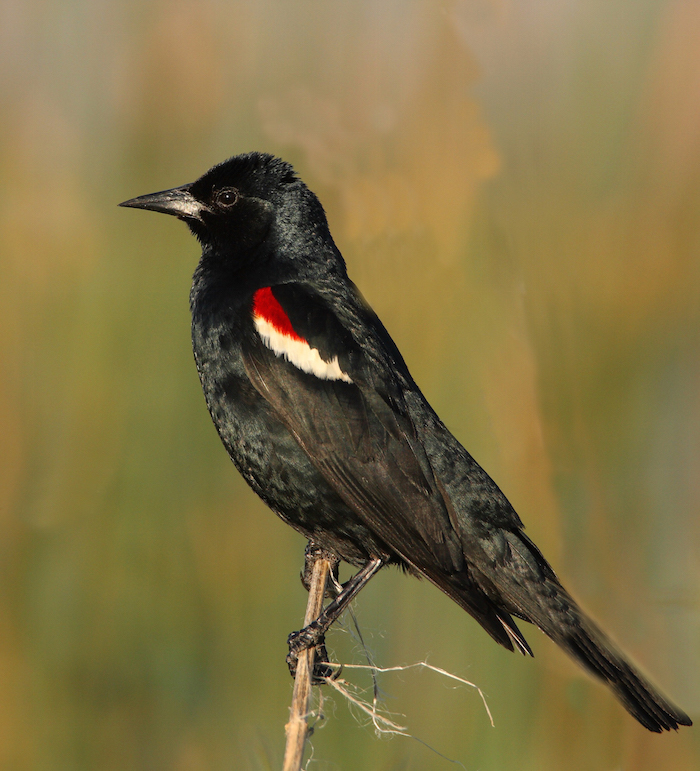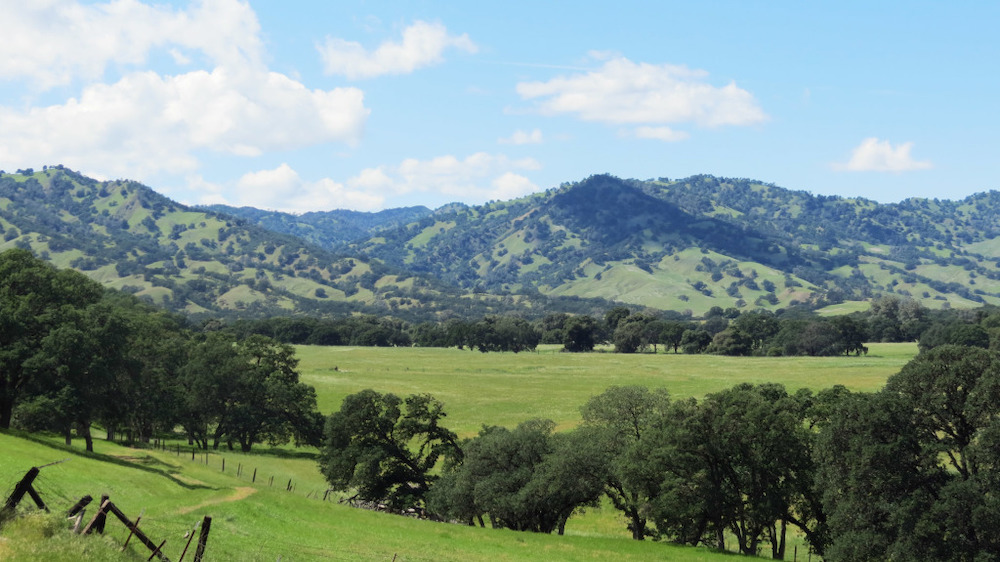
Audubon launched its Conservation Ranching program (ACR) here in California in 2019. Matt Allshouse of Audubon California will present this program which is designed to stem the conversion of grassland ecosystems and improve the ecological functions of rangelands by partnering with ranchers to transition to more regenerative grazing approaches via a ranch certification program. This presentation will highlight the ACR program components which includes the development of ranch-specific Habitat Management Plans and a third-party certified set of regenerative grazing practices to increase climate-driven drought resiliency, rebuild soil organic matter, enhance plant diversity and cover, increase water infiltration and carbon sequestration, and increase overall biodiversity.
Shasta Birding Society is inviting you to a scheduled Zoom meeting.
Topic: Audubon Conservation Ranching Program
Time: Feb 14, 2024 07:00 PM Pacific Time (US and Canada)
Join Zoom Meeting
https://us06web.zoom.us/j/87589708925
Meeting ID: 875 8970 8925
—
One tap mobile
+12532158782,,87589708925# US (Tacoma)
+12532050468,,87589708925# US
—
Dial by your location
• +1 253 215 8782 US (Tacoma)
• +1 253 205 0468 US
• +1 719 359 4580 US
• +1 346 248 7799 US (Houston)
• +1 669 444 9171 US
• +1 669 900 6833 US (San Jose)
• +1 564 217 2000 US
• +1 646 931 3860 US
• +1 689 278 1000 US
• +1 929 205 6099 US (New York)
• +1 301 715 8592 US (Washington DC)
• +1 305 224 1968 US
• +1 309 205 3325 US
• +1 312 626 6799 US (Chicago)
• +1 360 209 5623 US
• +1 386 347 5053 US
• +1 507 473 4847 US
Meeting ID: 875 8970 8925
Find your local number: https://us06web.zoom.us/u/kdcPSHkPti




